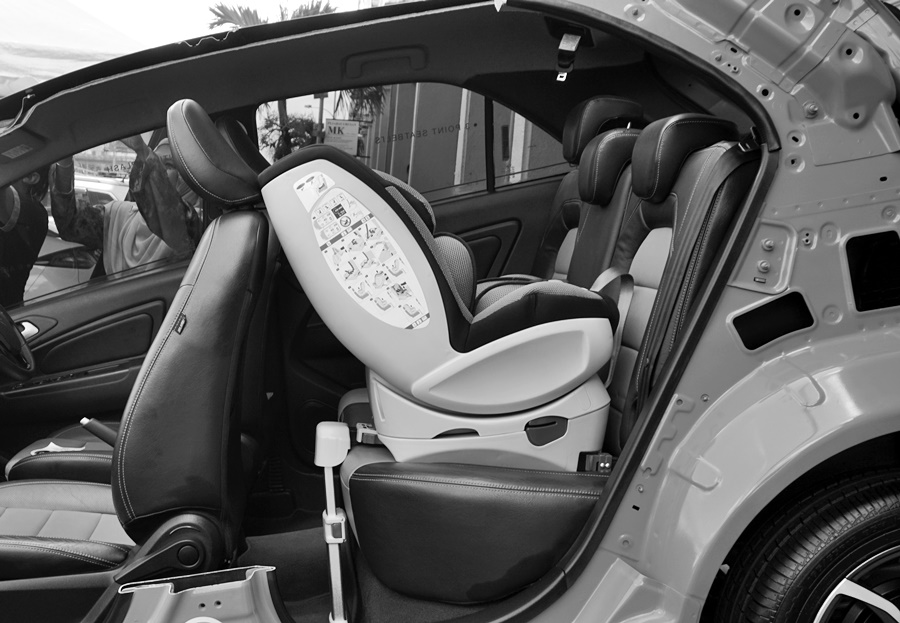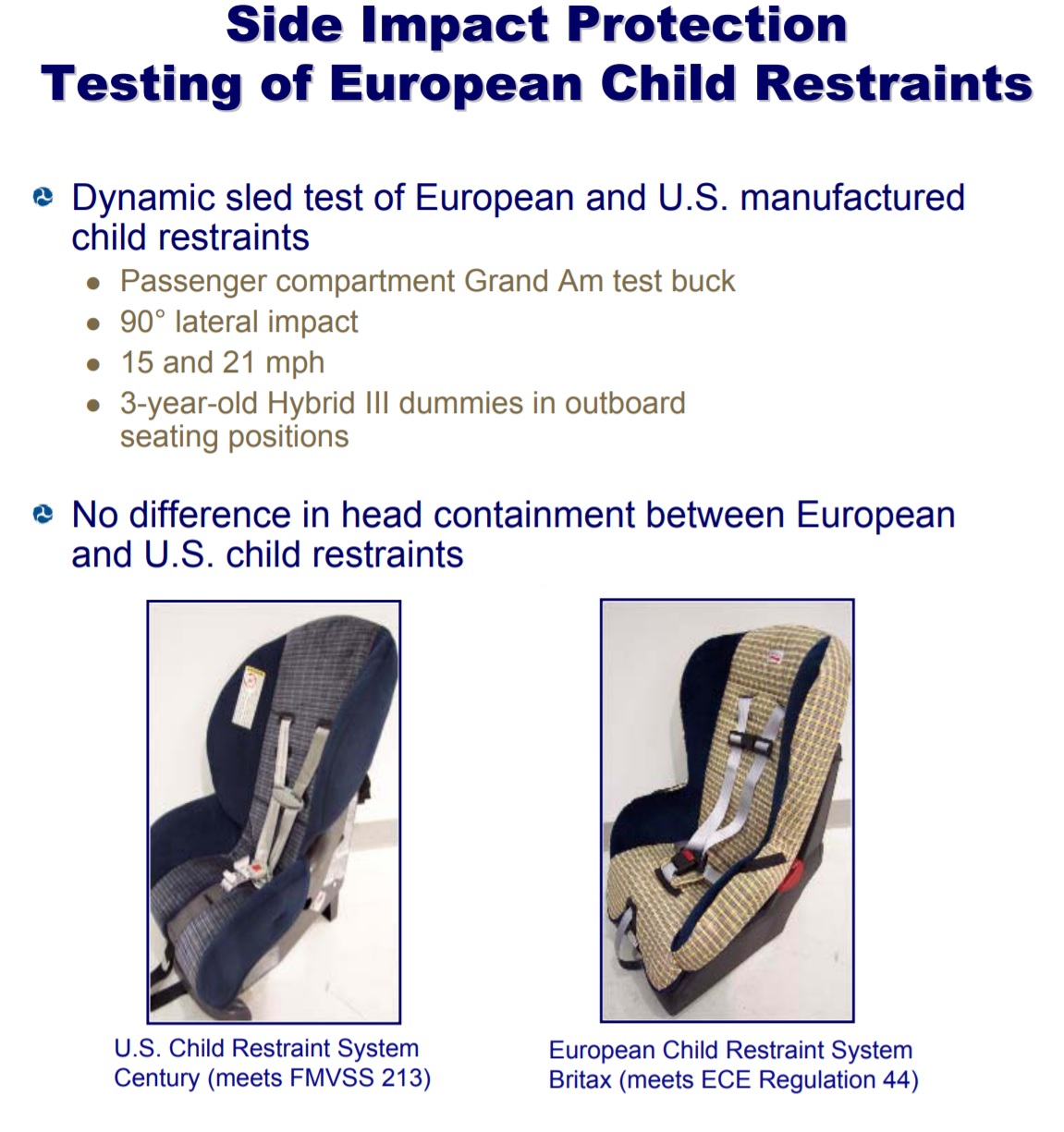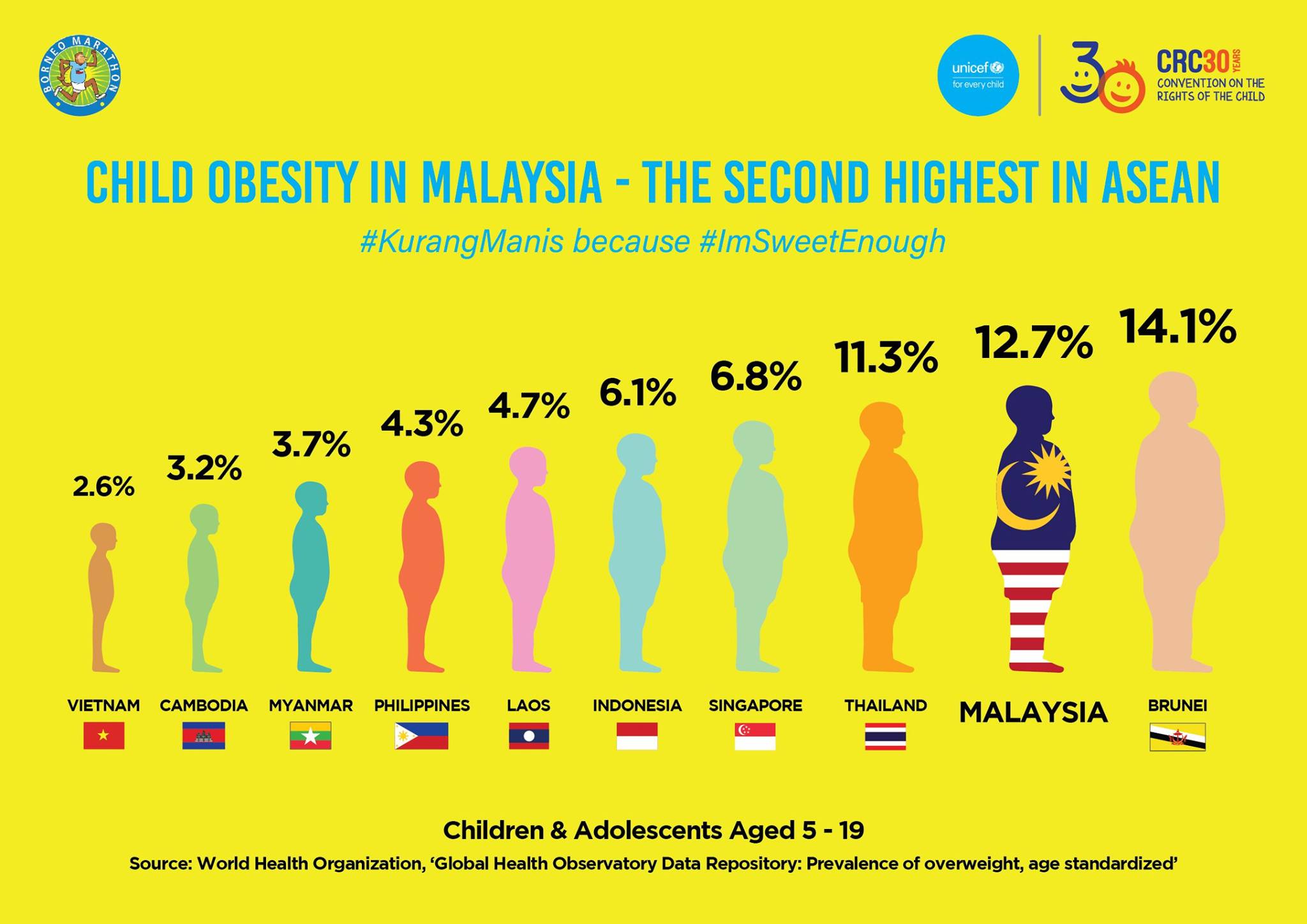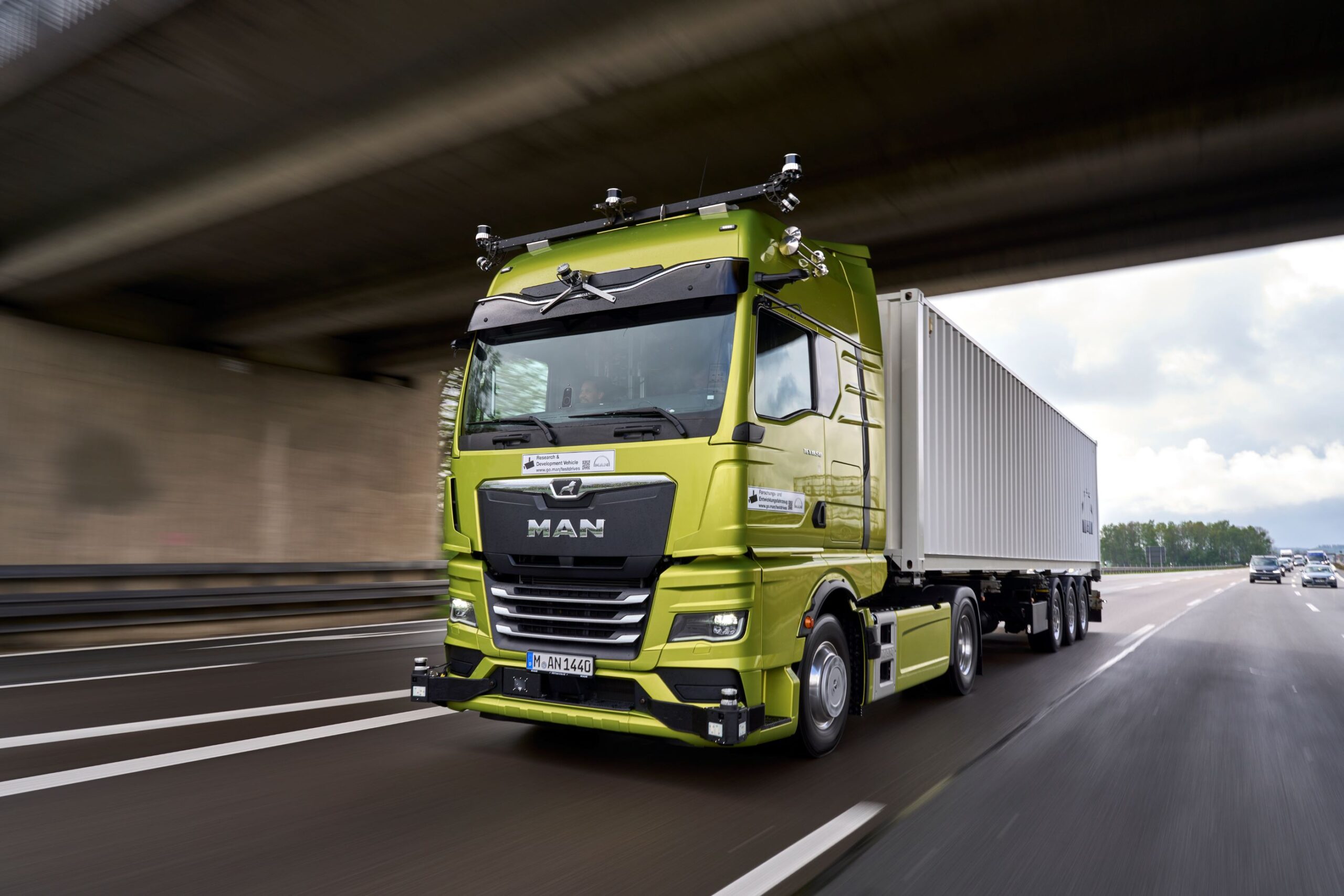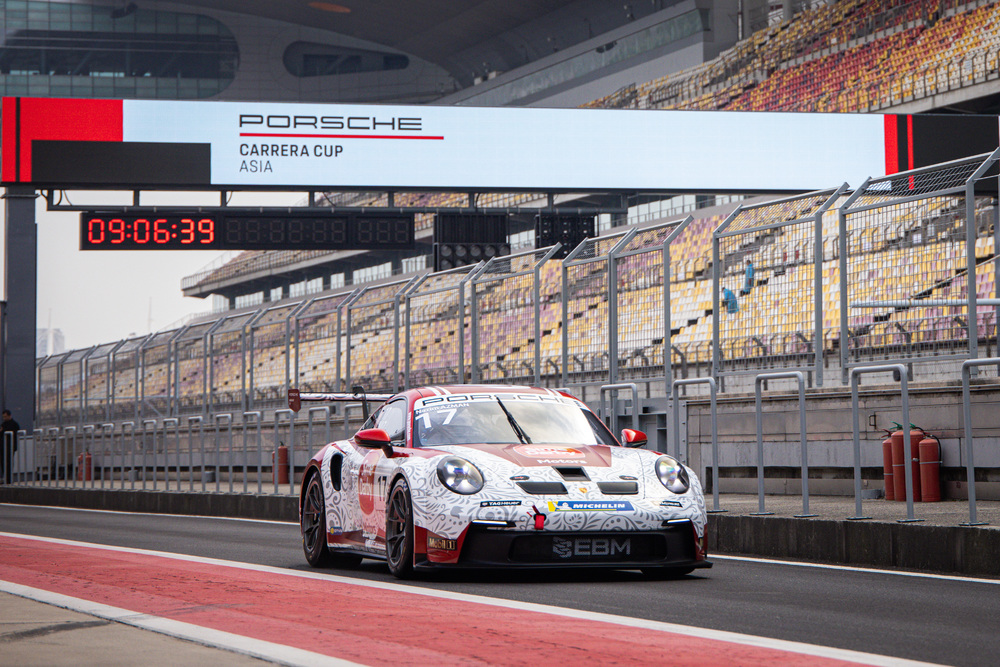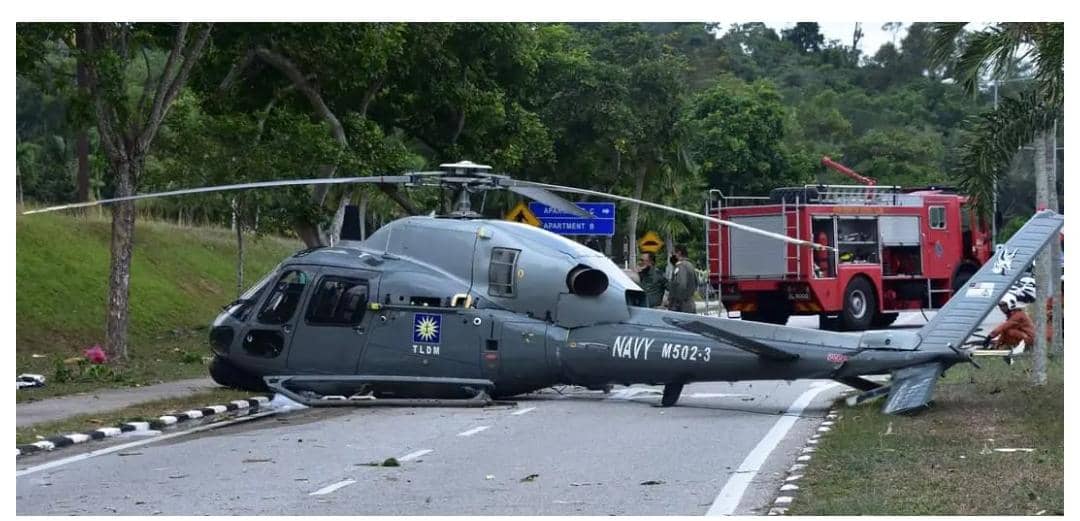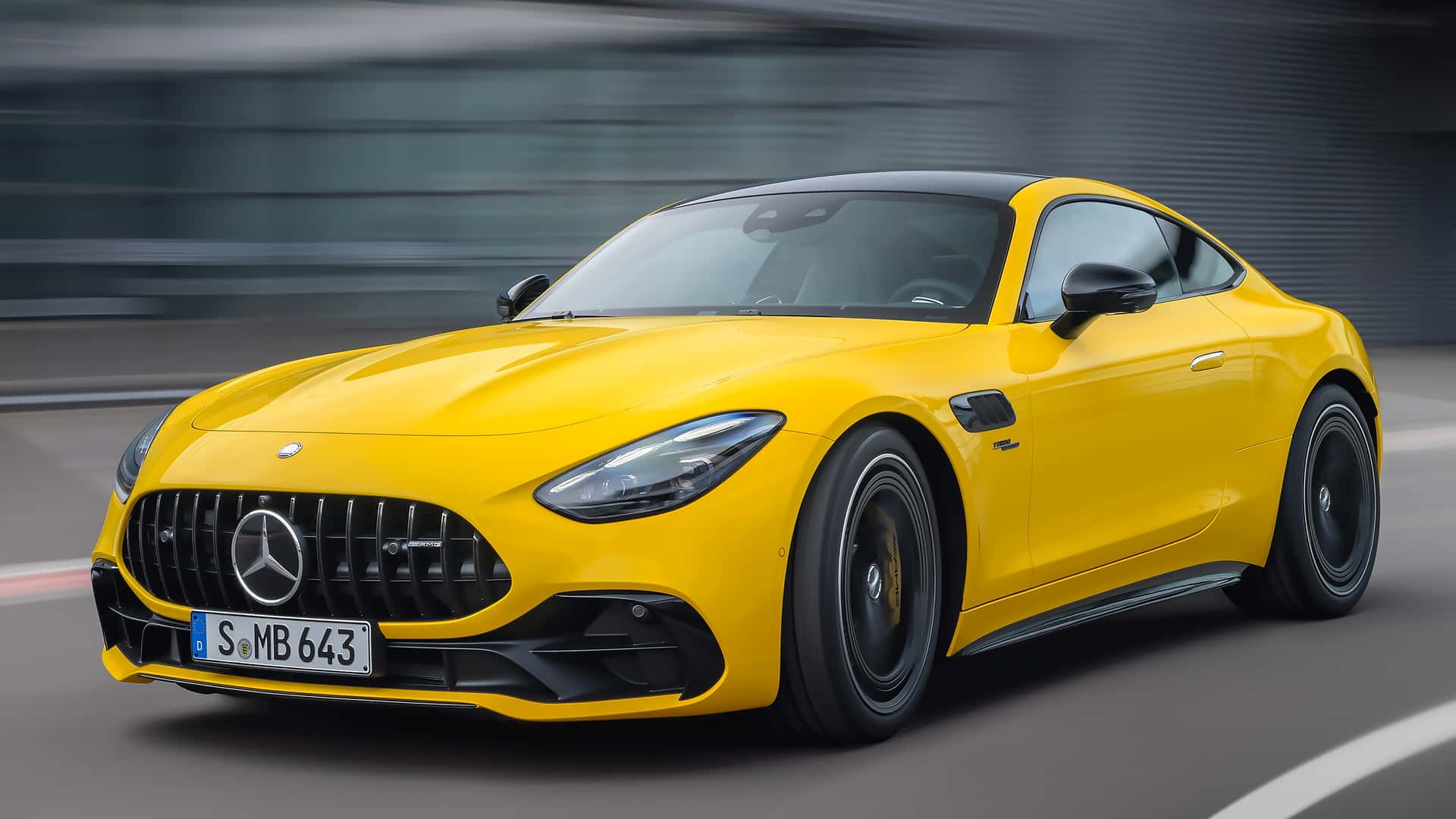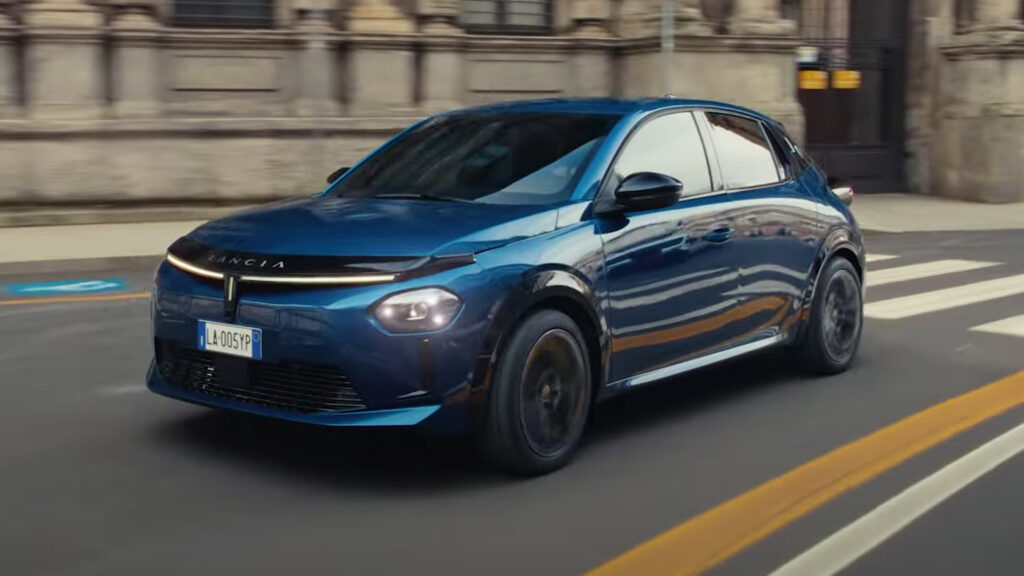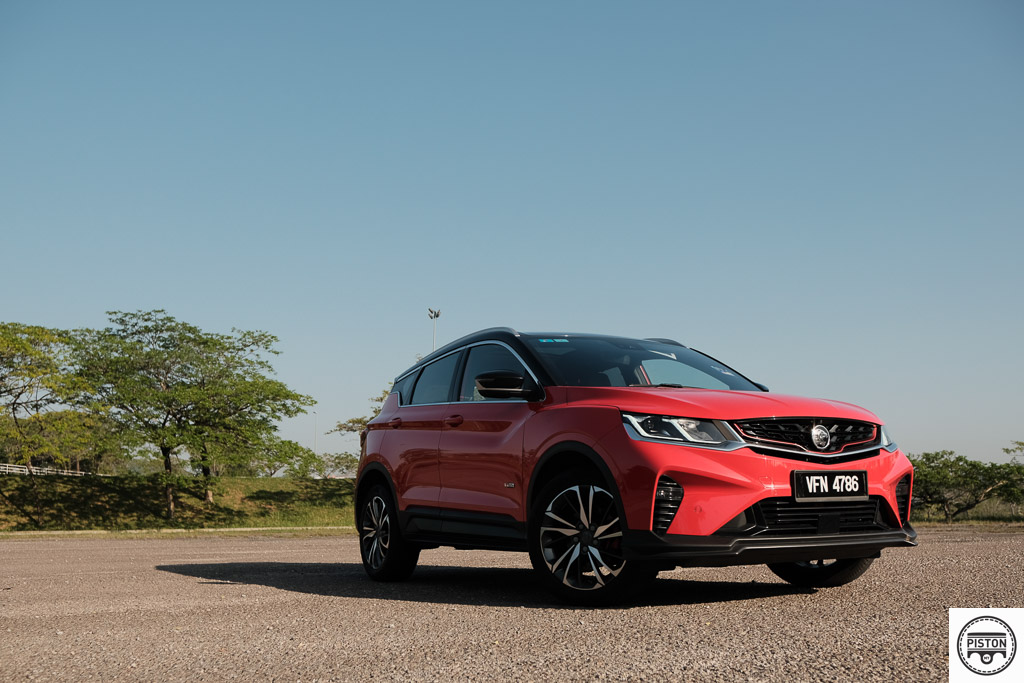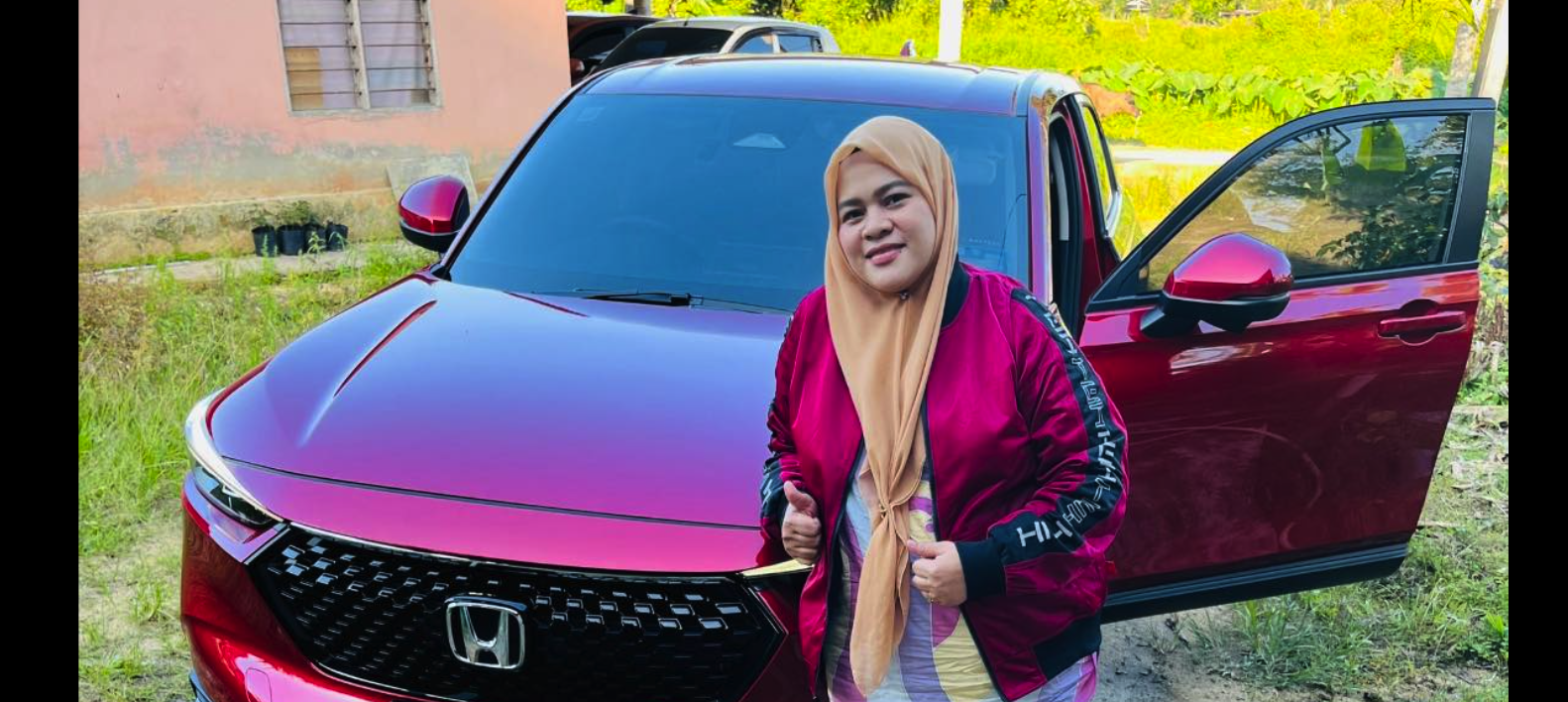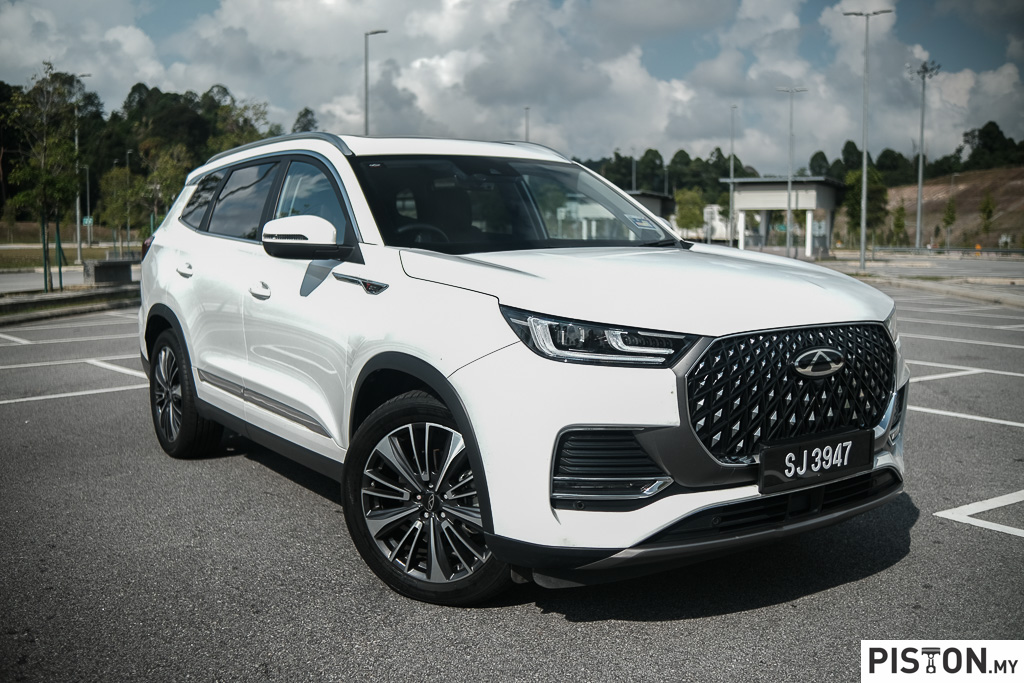Child Passenger Safety Malaysia (CPSM), a NGO passionate in educating the public on the importance of using child restraint systems in moving vehicles, says a proposal it submitted to the authorities has been accepted. The proposal was tabled at the 60th Annual General Meeting of Malaysia Road Safety Council (MKJR Malaysia).
The organization said it had submitted a proposal to allow the use of other international equivalent standards of approval for child safety seats in Malaysia. CPSM, as one of the regular members of Selangor Road Safety Council (MKJR Selangor), raised the motion to allow other equivalent standards of approval for child safety seat or child restraint system (CRS) such as the US Federal Motor Vehicle Safety Standards 213 (FMVSS 213) to be accepted in Malaysia other than only UNECE R44 and R129.
Why allow other standards?
The basis of the proposal is inclusivity of use for non-average children in Malaysia particularly those between the age of 2 to 5 years old. According to World Health Organisation in their data published in 2017, Malaysia is the second highest among ASEAN countries with obese children between the age of 5 to 19 years old. In a survey among children aged 6 months to 12 years old done by South East Asia Nutrition Survey which was published in The British Journal of Nutrition in 2013 shows the prevalence of Malaysian children being overweight and obese is high (21.6%) as compared to stunted or thin children (13.8%).
These above average children will have issues in using safety seats if only UNECE R44 and R129 is approved to be used in Malaysia as most of these seats available in the market does not cater for higher weight and height harnessing.
As best practice, an appropriate CRS for a child should be determined by the child’s age, weight, height and developmental stage. An overweight child above 18 kilograms at two years old will not be able to use a normal harnessed CRS. The child will be forced to use a booster type CRS which is still not yet appropriate for the child’s age.
“CPSM are delighted that majority of the members in the council accepted this proposal, showing a united voice to provide inclusivity in safety on the road for our children, our future leaders. This proposal was also supported by the Chairman of Malaysian Institute of Road Safety Research (MIROS) Board of Directors, Datuk Suret Singh who also reiterated that Malaysia should accept other international equivalent standards as well,” the statement by CPSM said.
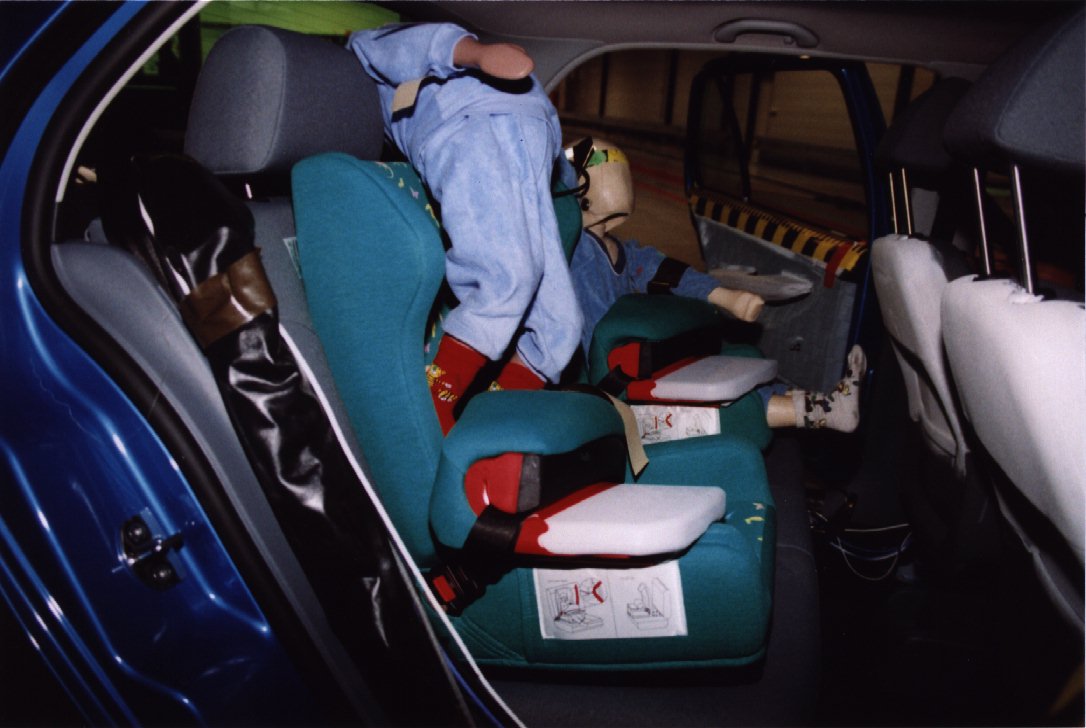
“CPSM welcomes the acceptance and hope that with the additional standards the obstacles in implementing the mandatory law on child safety seat use will be lessened once it is launched and enforced in 2020,” the statement added.
Members of the public who wish to know more about the CPSM’s activities and initiatives can visit its website at cpsmalaysia.org or Facebook Page at www.facebook.com/cpsmalaysia.org/.


